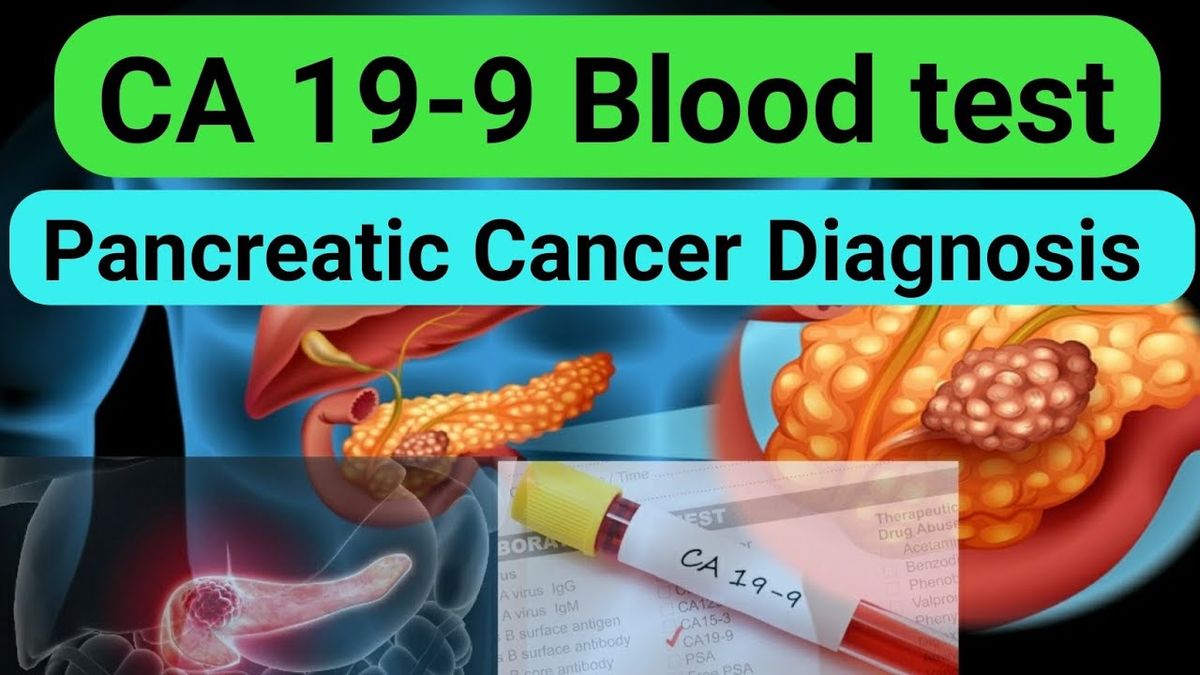Imaging and Biopsy Tests for Pancreatic Cancer Diagnosis

Your doctor will use imaging and biopsy tests to make a proper diagnosis. In this article, we'll talk about invasive tests, imaging, and biopsy. We'll also touch on surveillance studies. These tests can help your doctor determine if your cancer is still in remission or whether it has spread to other parts of your body. However, some patients may not be diagnosed with pancreatic cancer at all.
Noninvasive tests
Several noninvasive tests can help your doctor diagnose pancreatic cancer. Using an endoscope is one of these tests. An endoscope is a thin, lighted tube that passes through your throat, esophagus, stomach, and the first part of your small intestine. It may be accompanied by X-rays or ultrasound techniques to help your doctor navigate your body and locate the tumor. The ultrasound waves that bounce off these organs produce patterns of echoes that your doctor can use to diagnose pancreatic cancer.
Imaging tests
A CT scan is an imaging test that combines X-ray equipment and sophisticated computers to produce multiple images of the inside of the abdomen. It is an excellent tool for detecting pancreatic cancer, especially if it has spread to nearby lymph nodes and the liver. The test is also often used to monitor patients after treatment to detect whether cancer has returned or if it has metastasized. Here are some other imaging tests available for pancreatic cancer diagnosis.
Biopsy
There are several different tests used to diagnose pancreatic cancer. Your doctor may order one or more of them, or a combination of tests, depending on the stage of your cancer. The results of the tests will be used to determine the appropriate treatment. If unsure whether you have pancreatic cancer, your doctor may recommend additional tests, such as imaging tests or a biopsy. However, a biopsy is not a cure for the disease.
Surveillance studies
The first study to describe the use of surveillance studies in the diagnosis of pancreatic cancer reviewed data from 1588 HRIs. The data included both cystic and solid lesions. Among the patients, 8% developed the disease during the surveillance period. The average age at the start of the surveillance program was 48.4 years, and the range of follow-up time was 0.0 to 10.8 years.
Molecular testing
Molecular testing can help doctors find specific mutations, genetic alterations, and proteins in tumors. The results of these tests may help determine whether cancer has spread to the pancreas and the best treatment options. The tests are not always covered by insurance, and you should ask your doctor about them before they begin. Sometimes, you may need to send a tumor sample to an independent laboratory.



